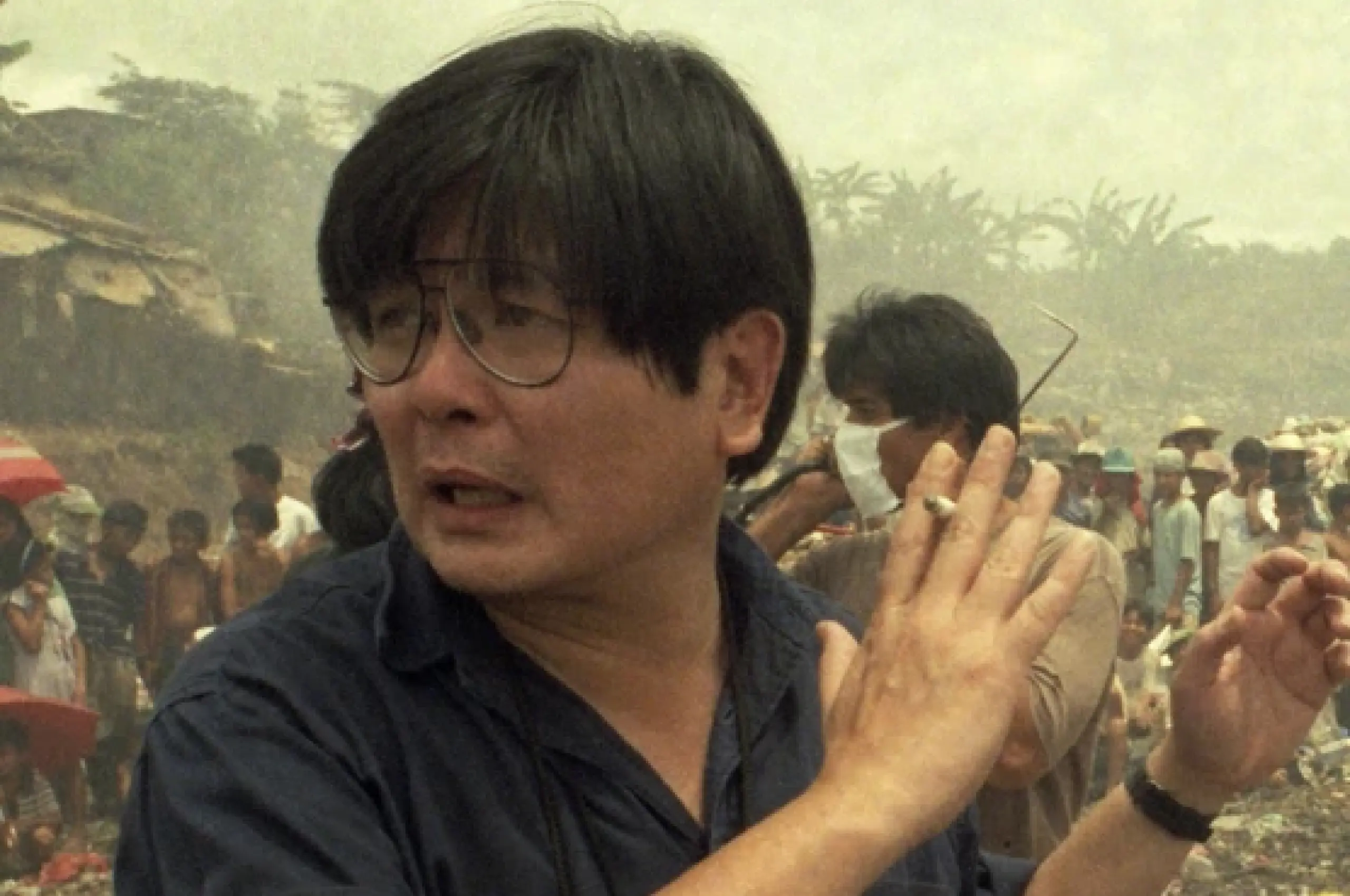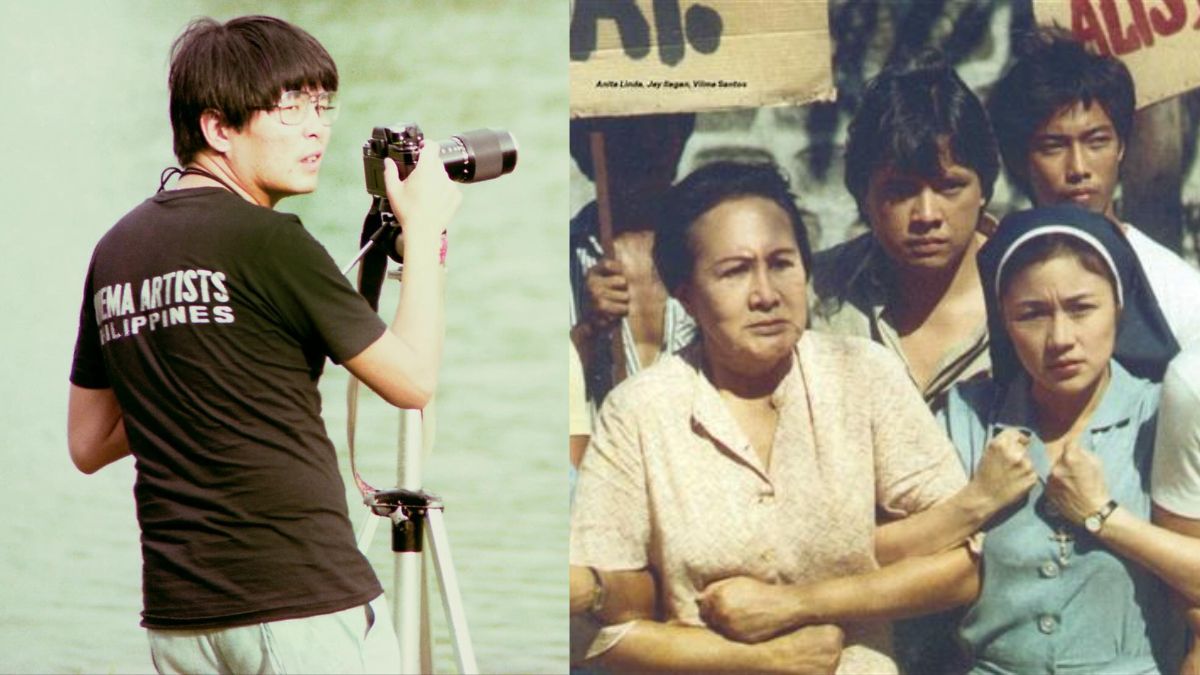On August 28, 2025, the Philippine film industry lost one of its brightest and most revolutionary voices. Mike de Leon, the visionary director whose films changed the landscape of Filipino cinema, passed away at the age of 78. His death, confirmed by his family through the French film distributor CarlottaFilms, marks the end of a cinematic era that shaped the conscience of Filipino cinema. In his passing, the country lost not just a filmmaker, but a cultural compass whose films challenged and provoked.
A Legacy Rooted in History
Mike de Leon was born in 1947 into a family deeply entwined with the fabric of Philippine cinema. He was the grandson of Doña Narcisa de Leon, the founder of LVN Pictures, and the son of veteran filmmaker Manuel de Leon. Growing up in such a household, it seemed almost destined that Mike would follow in the footsteps of his ancestors. However, what he did with this legacy was entirely his own — and nothing short of revolutionary.
Though Mike’s filmography isn’t extensive, with just a few films to his name, each one is a landmark. He wasn’t interested in making movies for the sake of it; he created films that had purpose, urgency, and a demand for truth. His films didn’t simply entertain; they opened the eyes of audiences to uncomfortable realities.
A Visionary’s Cinematic Works
Mike de Leon’s directorial debut, Itim (1976), was a groundbreaking psychological horror film that introduced not just the actor Charo Santos to the screen but also a unique cinematic style. Combining elements of postcolonial trauma with atmospheric horror, Itim set the stage for the films that would follow.
De Leon’s next projects—Kung Mangarap Ka’t Magising (1977), Kakabakaba Ka Ba? (1980), Kisapmata (1981), and Batch ’81 (1982)—became pillars of Filipino cinema. Each film was a bold exploration of Filipino identity, political strife, and societal control. Kisapmata, a story of family abuse, and Batch ’81, which tackled the military’s influence on young minds, remain as relevant today as when they were first released.
In Sister Stella L (1984), De Leon focused on political awakening through the lens of a nun, portrayed by Vilma Santos, in one of her most iconic roles. His later works, such as Hindi Nahahati ang Langit (1985) and Bilanggo sa Dilim (1986), continued to tackle complex social issues, challenging the status quo with every frame.
A Filmmaker Who Stood for Truth
Mike de Leon was known for his uncompromising commitment to truth. His films were never easy to digest, often confronting uncomfortable issues like corruption, patriarchy, and authoritarianism. He did not shy away from speaking out against injustices, even if it meant alienating certain segments of the public or the government.
His films were filled with visual poetry, using light and shadow, sound and silence to convey deep emotional and political truths. His technical brilliance was matched only by the moral clarity with which he viewed the world. De Leon’s work became a battleground for the Filipino identity, challenging audiences to reflect on themselves and the society they lived in.
A Monumental Loss for Filipino Cinema
Mike de Leon’s death is not just the passing of a filmmaker—it’s the loss of a cultural institution. His impact on Filipino cinema is immeasurable, and his influence has inspired generations of filmmakers, from indie directors to mainstream stars. His films are still taught in film schools, both in the Philippines and abroad, as essential works in understanding Filipino society and politics.
In a world where the spectacle often drowns out the truth, Mike de Leon’s films offered the rare opportunity to pause, reflect, and confront uncomfortable realities. His voice, though silent now, will continue to echo through the frames he left behind.
Tributes from the Industry
In response to his passing, the Film Development Council of the Philippines (FDCP) issued a tribute to the late director, calling him “a voice for the unheard” and acknowledging the profound impact of his films on Philippine cinema. “His fearless imagination changed how we tell our stories—and how we see ourselves,” said FDCP Chairman Jose Javier Reyes.
Joey de Leon, a veteran entertainer and fellow industry figure, also paid tribute to Mike’s legacy. “Mike de Leon wasn’t just a director. He was a mirror — one that reflected the darkest, most painful, and often ignored parts of our society,” Joey wrote. “He had the courage to challenge, dissect, and rebuild cinema. Philippine cinema owes him more than it can ever repay.”
A Final Curtain
Mike de Leon was many things—an artist, a critic, a recluse, and a rebel. But above all, he was a filmmaker who sought truth, no matter how painful or controversial. His films will continue to challenge audiences, provoke reflection, and remind us of the power of cinema as a force for social change.
As the Filipino film industry mourns, we must not just remember Mike de Leon as a man but honor the legacy of the stories he told and the truths he uncovered. The end of an era has come, but the impact of Mike de Leon’s work will live on.
BOTTOM LINE:
Mike de Leon’s death marks the loss of one of Philippine cinema’s greatest and most uncompromising voices. His films remain a powerful reminder of the importance of truth in art and the responsibility of filmmakers to reflect the realities of society. Though he is gone, his legacy will continue to inspire and challenge filmmakers and audiences alike.






